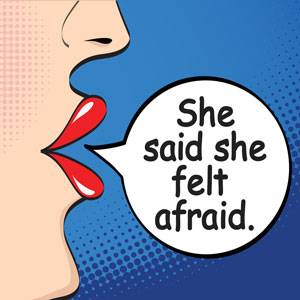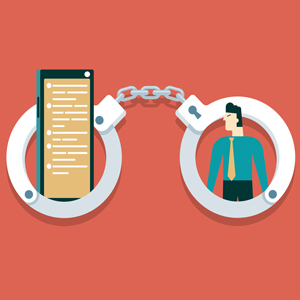July 2, 2025 – Among many other programs, State Bar of Wisconsin PINNACLE® offers
these programs in July:

1.0 CLE Webcast Seminar from Noon to 12:50 p.m. on select dates in July, August, and September, starting Tuesday, July 22, 2025.
In mental health and protective placement proceedings under Wisconsin Statutes Chapters 51 and 55, evidentiary missteps can violate individual rights.
Knowing how to challenge or defend testimony from mental health experts, social workers, and case managers is essential for attorneys handling these sensitive matters.
This CLE program tackles the real-world questions attorneys face in Wis. Stat. chapter 51 and chapter 55 trials, including:
How can experts avoid crossing into inadmissible evidence?
When can an expert rely on hearsay to form an opinion?
What is the proper scope of testimony for case managers and social workers?
What are the common pitfalls in admitting mental health records?
Issues like hearsay, the scope of expert testimony, and due process protections are especially critical in these cases, but they also arise in many other areas of legal practice.
Whether you represent petitioners or respondents in chapters 51 and 55 proceedings,
Search for Truth: The Role of Hearsay in Mental Health Cases gives you practical strategies for advocating effectively and preserving the record for review.

1.0 CLE Webcast Seminar from Noon to 1 p.m. on select dates in July, August, and September, starting Tuesday, July 2, 2025.
Can you be prosecuted for posting true, but harsh comments about another person online? Can a court bar you from speaking about a particular person in a blog post, on social media, or at a protest?
This CLE program explores recent case law and provides practical insights into the distinction between constitutionally unprotected harassment and speech that warrants protection, no matter how unpleasant it might be.
In this webinar, you will:
explore the categories of speech excluded from First Amendment protection and how they apply in harassment cases;
analyze the current scope of criminal harassment laws;
recognize the distinction between speech to a person and speech about a person, and why it matters;
survey real cases where lower courts enjoined or punished speech that was found constitutionally protected on appeal;
understand the procedural advantages of raising a First Amendment defense in harassment cases; and
review key considerations when drafting or challenging injunctions involving speech.
As courts are increasingly asked to draw boundaries between harassment and protected speech, the stakes for litigants and free expression are high. Attorneys must know how to approach the complex intersection of personal protection and public expression.
